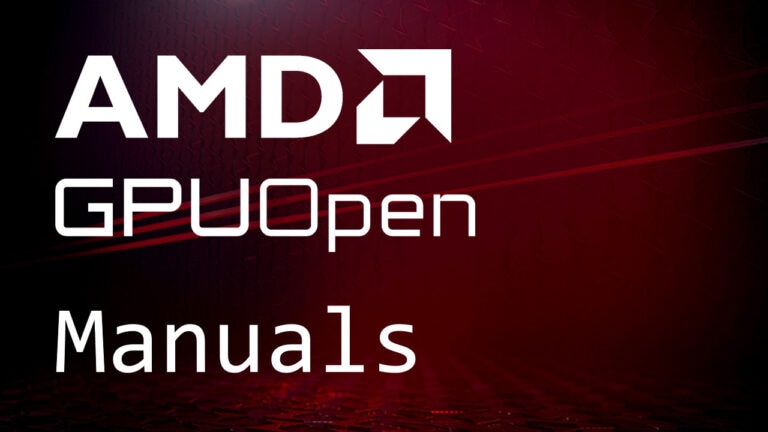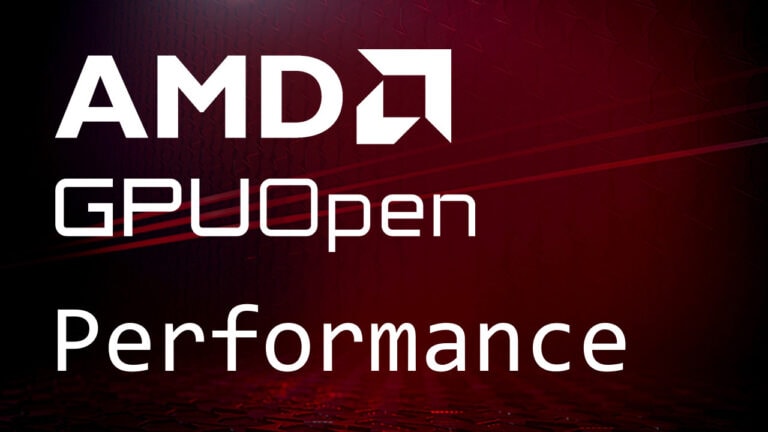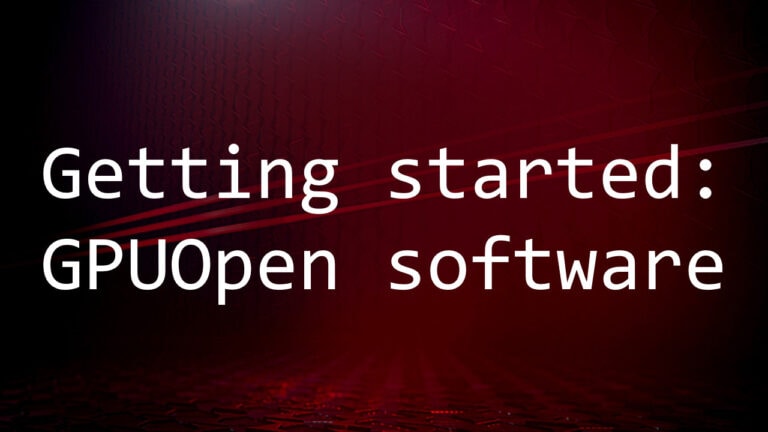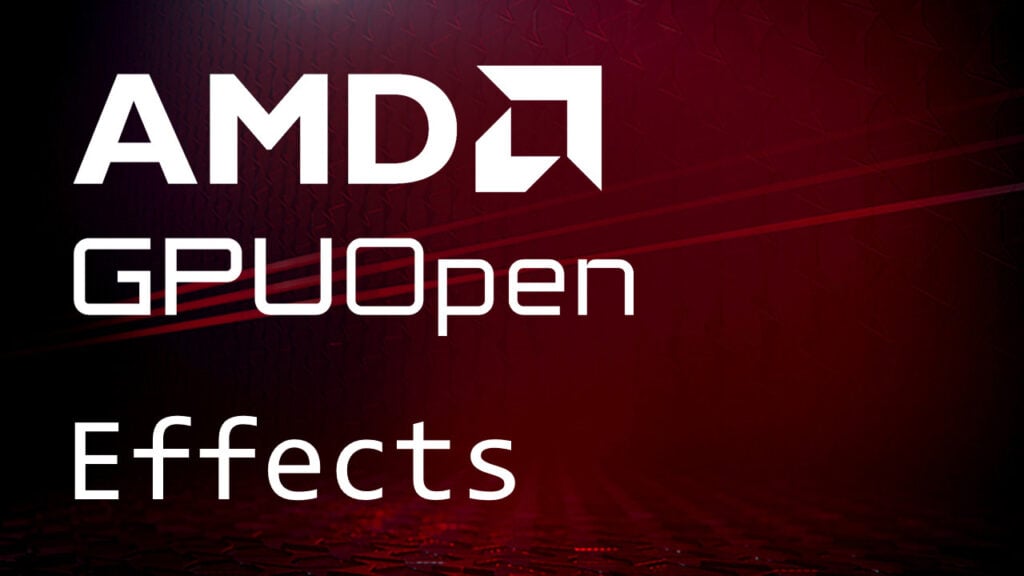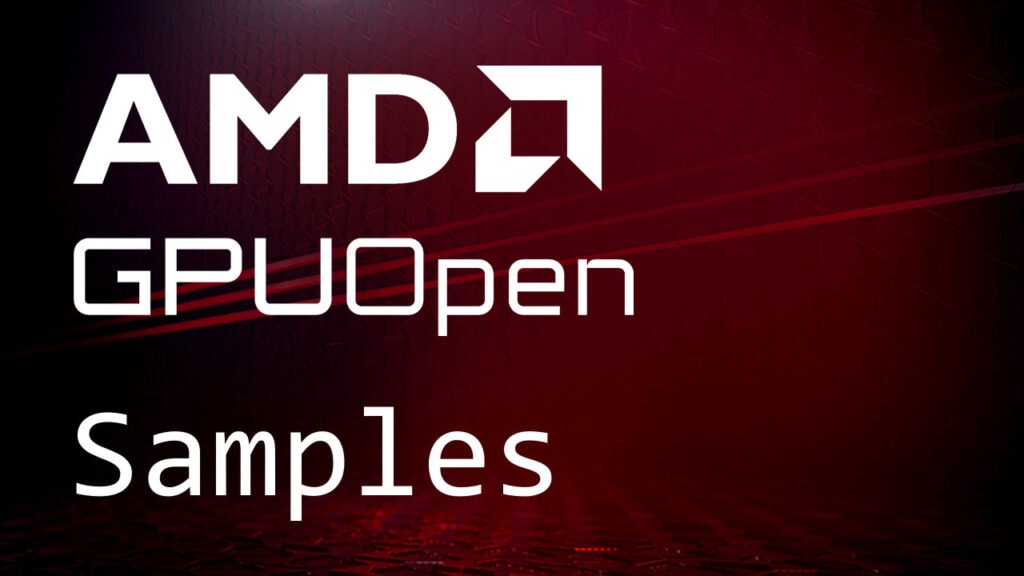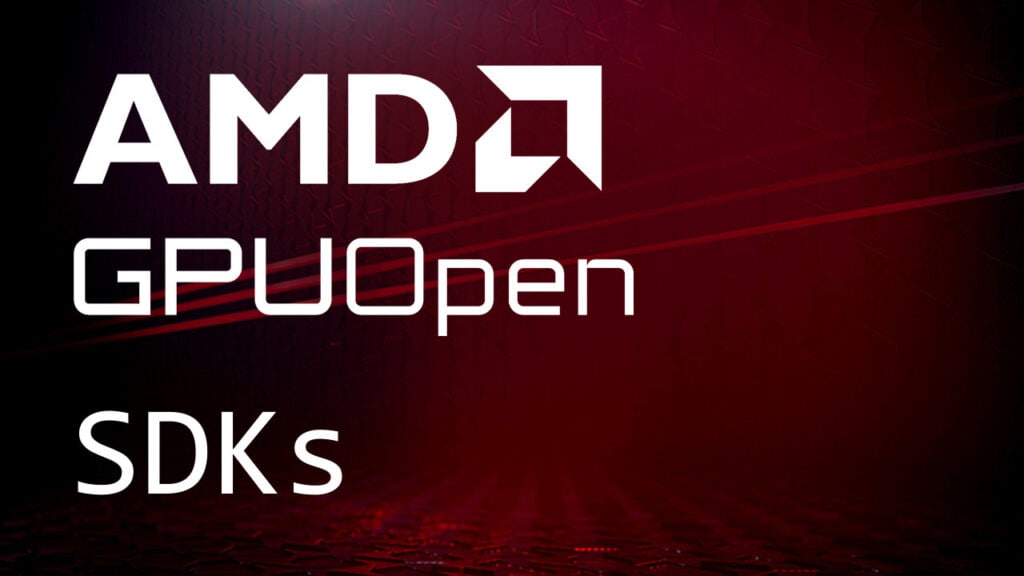schola.scripts.sb3.launch.SACSettings
- class schola.scripts.sb3.launch.SACSettings(learning_rate: float = 0.0003, buffer_size: int = 1000000, learning_starts: int = 100, batch_size: int = 256, tau: float = 0.005, gamma: float = 0.99, train_freq: int = 1, gradient_steps: int = 1, action_noise: <built-in function any> = None, replay_buffer_class: <built-in function any> = None, replay_buffer_kwargs: dict = None, optimize_memory_usage: bool = False, ent_coef: <built-in function any> = ‘auto’, target_update_interval: int = 1, target_entropy: <built-in function any> = ‘auto’, use_sde: bool = False, sde_sample_freq: int = -1)[source]
-
Bases:
objectMethods
__init__([learning_rate, buffer_size, …])Attributes
- Parameters:
-
-
learning_rate (float)
-
buffer_size (int)
-
learning_starts (int)
-
batch_size (int)
-
tau (float)
-
gamma (float)
-
train_freq (int)
-
gradient_steps (int)
-
action_noise (any)
-
replay_buffer_class (any)
-
replay_buffer_kwargs (dict)
-
optimize_memory_usage (bool)
-
ent_coef (any)
-
target_update_interval (int)
-
target_entropy (any)
-
use_sde (bool)
-
sde_sample_freq (int)
-
- __init__(learning_rate=0.0003, buffer_size=1000000, learning_starts=100, batch_size=256, tau=0.005, gamma=0.99, train_freq=1, gradient_steps=1, action_noise=None, replay_buffer_class=None, replay_buffer_kwargs=None, optimize_memory_usage=False, ent_coef=‘auto’, target_update_interval=1, target_entropy=‘auto’, use_sde=False, sde_sample_freq=-1)
-
- Parameters:
-
-
learning_rate (float)
-
buffer_size (int)
-
learning_starts (int)
-
batch_size (int)
-
tau (float)
-
gamma (float)
-
train_freq (int)
-
gradient_steps (int)
-
action_noise (any | None)
-
replay_buffer_class (any | None)
-
replay_buffer_kwargs (dict | None)
-
optimize_memory_usage (bool)
-
ent_coef (any)
-
target_update_interval (int)
-
target_entropy (any)
-
use_sde (bool)
-
sde_sample_freq (int)
-
- Return type:
-
None
- batch_size: int = 256
- buffer_size: int = 1000000
- property critic_type: str
- gamma: float = 0.99
- gradient_steps: int = 1
- learning_rate: float = 0.0003
- learning_starts: int = 100
- property name: str
- optimize_memory_usage: bool = False
- replay_buffer_kwargs: dict = None
- sde_sample_freq: int = -1
- target_update_interval: int = 1
- tau: float = 0.005
- train_freq: int = 1
- use_sde: bool = False






